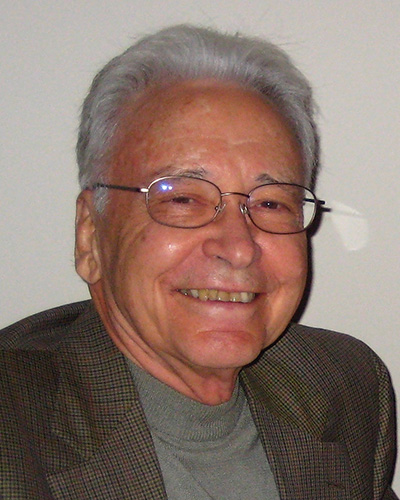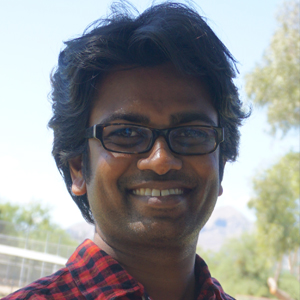In memoriam: John DeMoss
John Alan “Jack” DeMoss, chair emeritus of the Department of Biochemistry and Molecular Biology at the University of Texas Houston McGovern Medical School and a former member of the Journal of Biological Chemistry editorial board, died from complications of cancer on May 7. He was 93.

DeMoss was born in Indianapolis, Indiana on April 10, 1930, to Ruby and Guy DeMoss. He earned his bachelor’s degree in bacteriology in 1952 from Indiana University and his doctorate in microbiology from Case Western Reserve University in 1957. Following a two-year tenure as a National Institutes of Health postdoctoral fellow at the Yale University Medical School studying biochemical genetics, he started his first faculty position in 1959 as an assistant professor in the Yale Department of Microbiology.
In 1961, DeMoss moved across the country to become one of four founding professors of the Department of Biology at the University of California, San Diego. Two years later, he undertook a similar adventure, traveling to Houston to become the founding chair of the Department of Biochemistry and Molecular Biology at the UT Houston medical school. He served as chair for 21 years, from 1971 until 1993, and continued as a professor at UT, actively involved in research and teaching programs, until his retirement in 1999.
DeMoss had a long and successful research career studying the structure and function of nitrate reductase in E. coli and various protein complexes involved in tryptophan synthesis in the mold Neurospora crassa.
Outside his lab and university, DeMoss also served on numerous National Institutes of Health grant review committees and advisory boards, as a member of the National Board of Medical Examiners for Biochemistry, as president of the Association of Medical School Departments of Biochemistry and as an editorial board member of the Journal of Bacteriology and the JBC.
His greatest legacy is his mentoring of early-career faculty while helping to found departments at two medical schools.
DeMoss is survived by his wife of 43 years, two sons, five grandchildren, and five great-grandchildren.
Enjoy reading ASBMB Today?
Become a member to receive the print edition four times a year and the digital edition monthly.
Learn moreGet the latest from ASBMB Today
Enter your email address, and we’ll send you a weekly email with recent articles, interviews and more.
Latest in People
People highlights or most popular articles

Kiessling wins glycobiology award
She was honored by the Society for Glycobiology for her work on protein–glycan interactions.

2026 ASBMB election results
Meet the new Council members and Nominating Committee member.

Simcox wins SACNAS mentorship award
She was recognized for her sustained excellence in mentorship and was honored at SACNAS’ 2025 National Conference.

From humble beginnings to unlocking lysosomal secrets
Monther Abu–Remaileh will receive the ASBMB’s 2026 Walter A. Shaw Young Investigator Award in Lipid Research at the ASBMB Annual Meeting, March 7-10 in Washington, D.C.

Chemistry meets biology to thwart parasites
Margaret Phillips will receive the Alice and C. C. Wang Award in Molecular Parasitology at the ASBMB Annual Meeting, March 7-10 in Washington, D.C.

ASBMB announces 2026 JBC/Tabor awardees
The seven awardees are first authors of outstanding papers published in 2025 in the Journal of Biological Chemistry.

